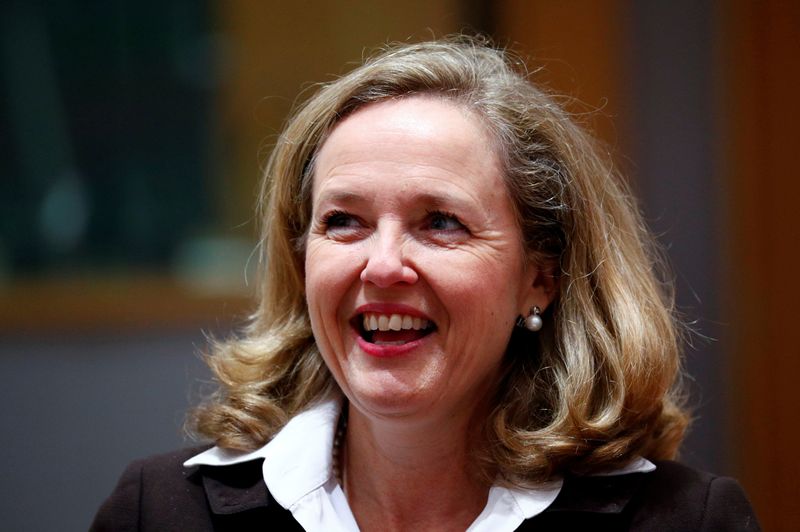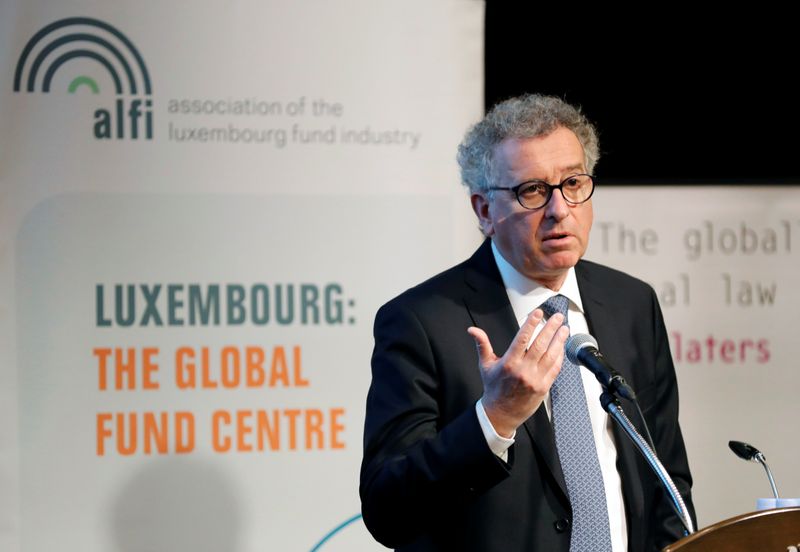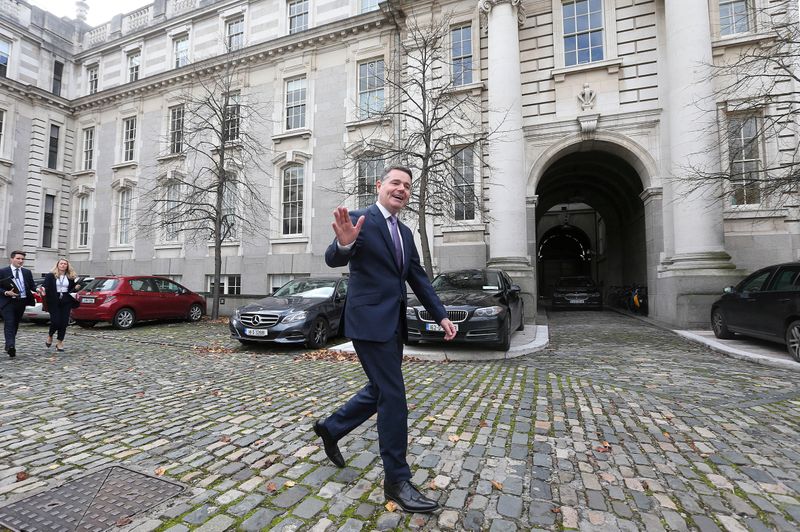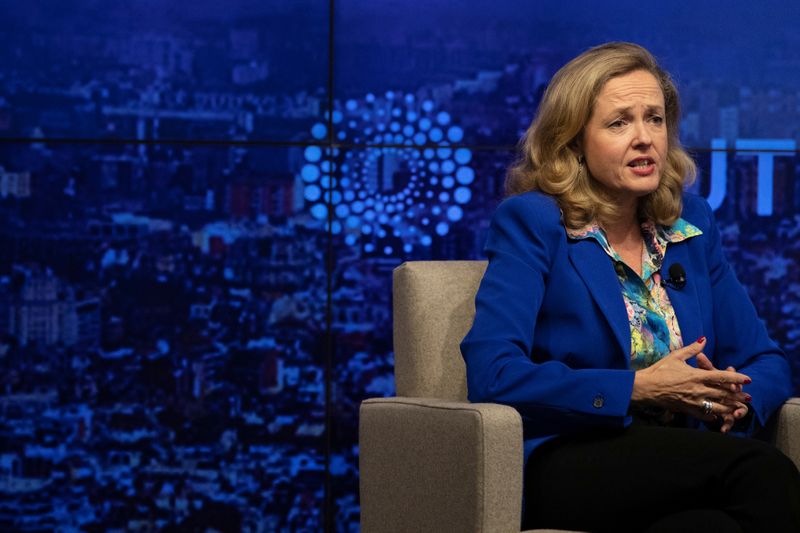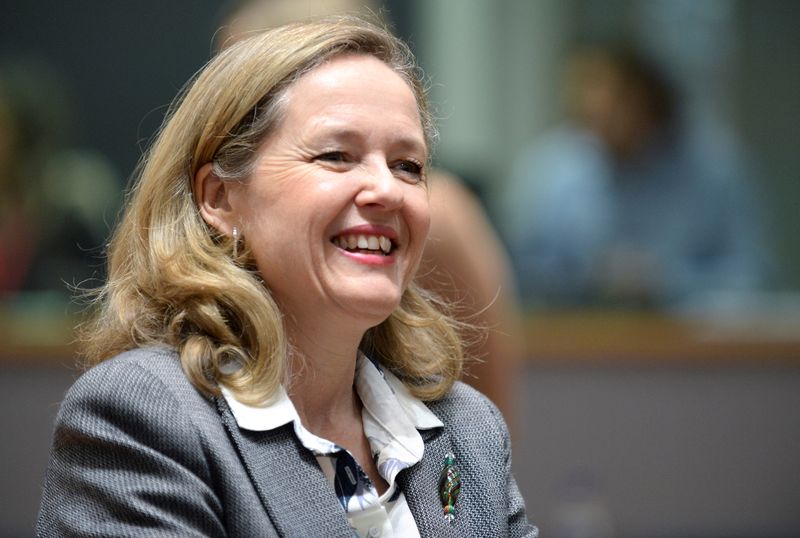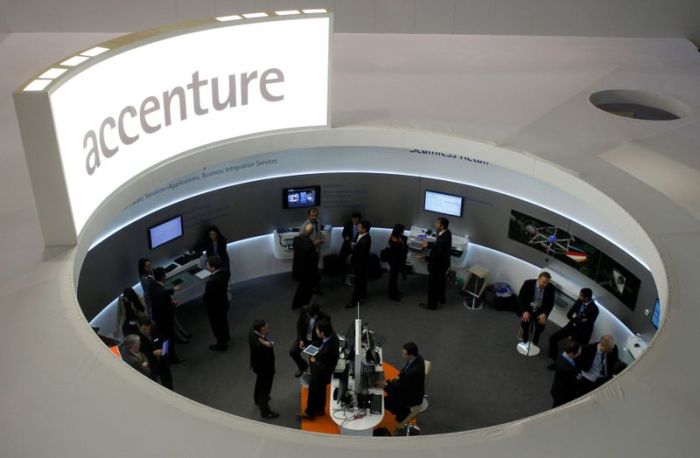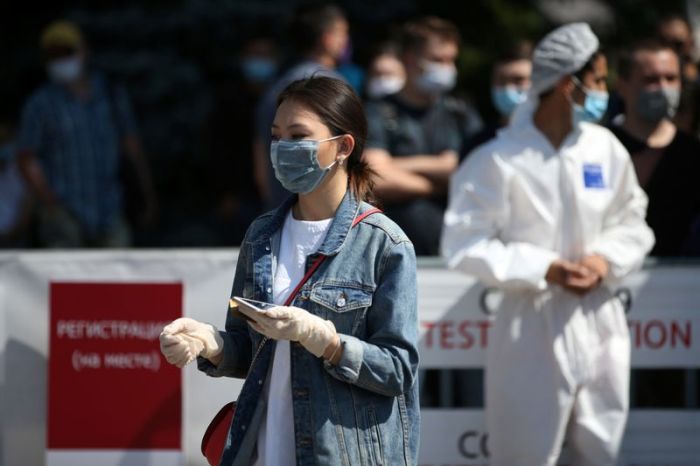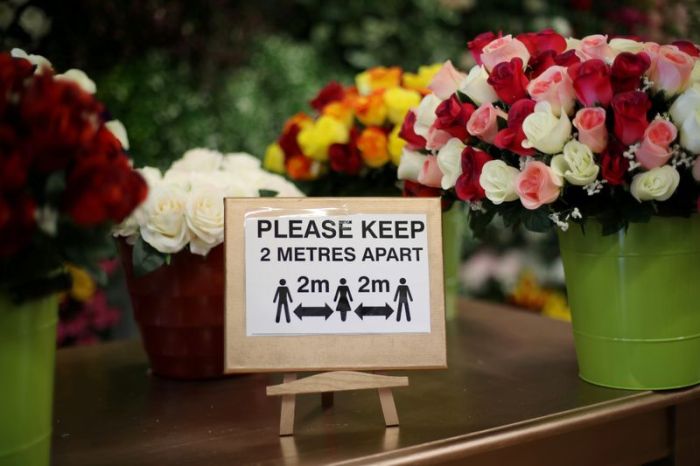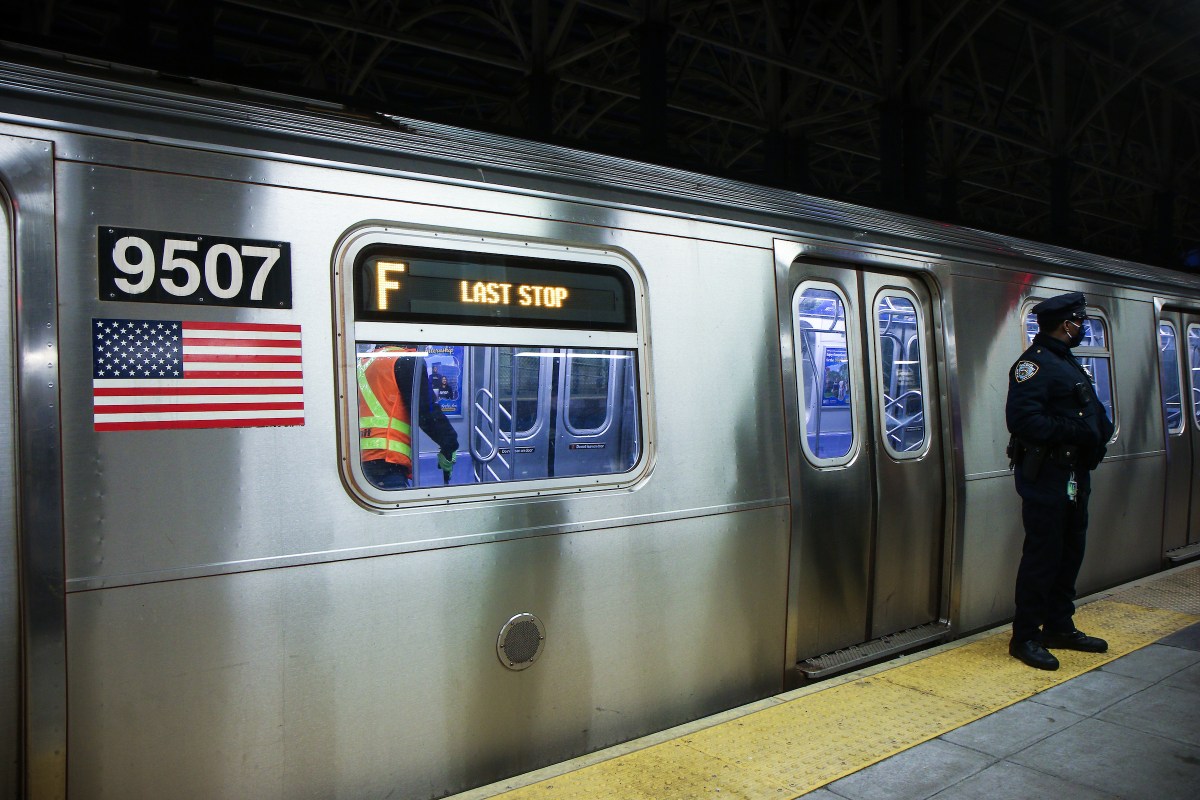BRUSSELS/MADRID (Reuters) – Finance ministers of Spain, Ireland and Luxembourg are in the running to chair meetings of the powerful Eurogroup of euro zone finance ministers, with euro zone officials saying it is likely to be a close race between the Spanish and Irish contenders.
The chairman sets the agenda at monthly meetings of finance ministers of the 19 countries sharing the euro and works out compromises on key policies. He or she will be instrumental to economic recovery policies after the coronavirus crisis.
The Eurogroup president also chairs the board of the euro zone bailout fund which saved Greece, Ireland, Portugal, Spain and Cyprus from bankruptcy during the sovereign debt crisis.
The job is for 2 1/2 years, a term that can be renewed.
On July 9th euro zone finance ministers will choose between Nadia Calvino of Spain, Pascal Donohoe of Ireland and Pierre Gramegna of Luxembourg — the three ministers put forward by their respective governments by Thursday’s deadline.
“This excellent pool of candidates shows the relevance of Eurogroup today,” the outgoing chairman Mario Centeno of Portugal said on Twitter.
The successful candidate must get the support of at least 10 out of the 19 finance ministers around the table. Each country has one vote, so the voice of the biggest, Germany, counts the same as that of the smallest, Malta.
The job is part of the broader horse-trading of top posts in the EU that seeks to keep a balance between positions taken up by centre-right and centre-left parties, the north and the south, east and west as well as large and small EU countries.
Calvino, 51, is a technocrat, economist and former head of the European Commission’s community budget who also serves as a deputy prime minister in Spain’s minority left-wing coalition.
Centre-right Donohoe, 45, is valued for his experience and seen as a “bridge builder”, but his candidacy could be complicated by Friday’s vote by his Fine Gael and two other Irish parties on a new government deal following an inconclusive February election. A ‘no’ vote by either party could trigger new elections.
ALLEGIANCES
Brussels officials said that while the Spaniard now appeared to have more support than the Irishman, much depended on whether the centre-right European People’s Party, which has the majority in the Eurogroup, would require all centre-right ministers to vote for one of their own — Donohoe.
“Calvino is highly competent … It makes sense to have the Eurogroup chair come from the south … Last but not least, she is a woman, and it’s about time to break also this glass ceiling,” one senior euro zone official said.
But others said smaller countries might not want to vote for someone from a large country like Spain, especially given that Madrid was likely to be one of the biggest beneficiaries of the EU’s recovery plan.
(Reporting by Nathan Allen, Belén Carreño and Emma Pinedo in Madrid, Jan Strupczewski in Brussels, Padraic Halpin in Dublin; Editing by Andrew Cawthorne and Gareth Jones)

